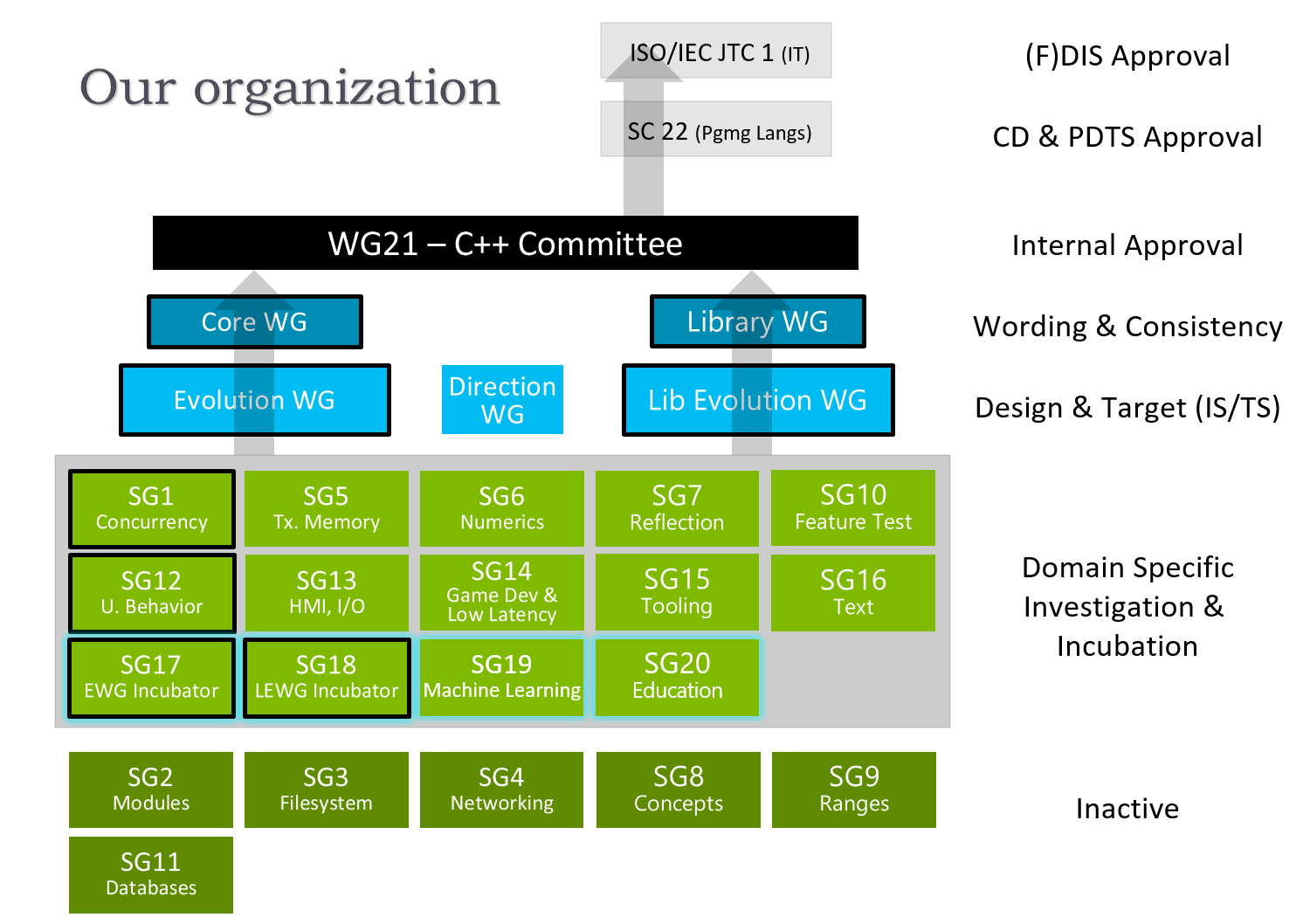what exactly do you feel is missing, that you would like to use? While visual studio is missing quite a bit of C++11, it has a decent amount of it implemented, especially the more important bits. The other chunks and pieces that are missing aren't particularly important for most cases, doesn't mean you won't miss them though on the rare occasion.
There is a great deal to C++11, and no current compilers are "standards compliant," although clang makes a decent go at it.
I would consider the missing lack of a regular expressions library, part of the new standard library, to be a rather significant chunk of the C++ language to be missing. Especially since regular expressions tend to creep and find their way into so many different places you wouldn't expect them to.That is minor in comparison to what is missing from Visual Studio. I have a feeling that gcc will be far better at implementing the standards than Microsoft.
I don't consider STL to be part of the actual language, seeing as how it is a library based on and for the purpose of expanding the language. To that end, I have known of the existence of regex, but I had no idea exactly what it was until last week. It isn't something that I have ever used or needed. Now that I know what it is, I can find uses for it when gcc implements it, but it will not be missed in the interim. My only gripe with VS' STL implementation is that it doesn't properly implement emplace (emplace_back, et. al). All emplace does in VS is call push_back. I can do that myself!
The lists that Matt-D posted highlights some of the things that I cannot do and want to do in VS. Initializer lists, variadic templates, defaulted and deleted functions (cannot properly do move constructors without 'em) and user-defined literals to name a few. These are not part of STL and I cannot even try to use them in VS 2012.
Yeah, clang really is pulling quite far ahead of gcc now, heck, even if you ignore the C++11/C99/C11 support clangs warnings and error messages alone are a good enough reason to use it over gcc. (allthough gcc is catching up in that area aswell now)
I looked at clang before choosing gcc. There seems to be trouble coupling it with Code::Blocks (I haven't tried it myself yet) and what I forgot to add in my original post was the need for a graphical IDE. I have no allegiance to gcc, other than it can be effortlessly integrated with Code::Blocks. If someone knows how to integrate clang with Code::Blocks or if someone knows of an adequate IDE for clang, I have no problem switching.












